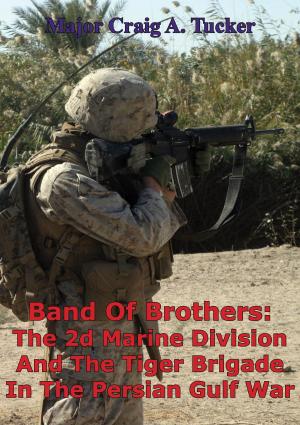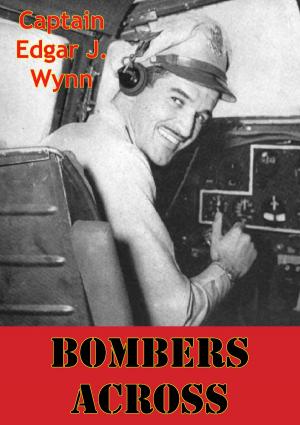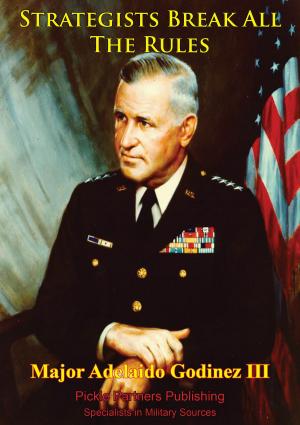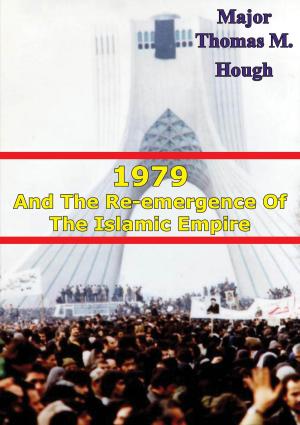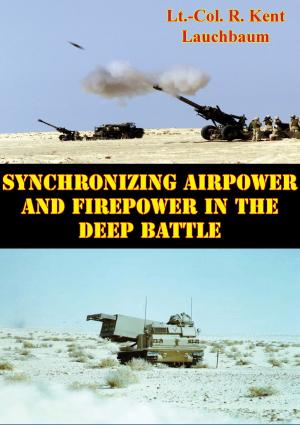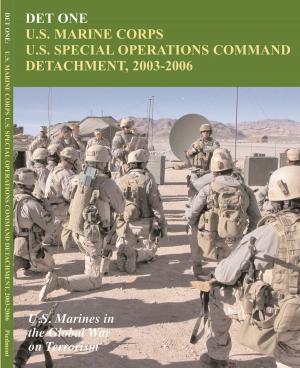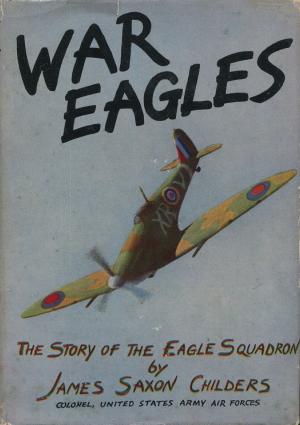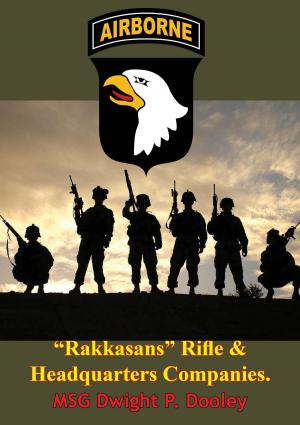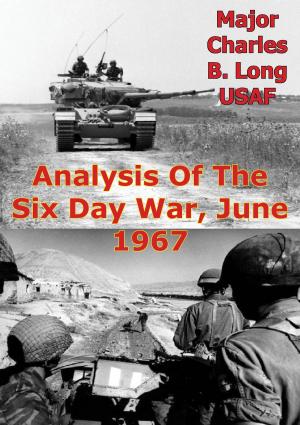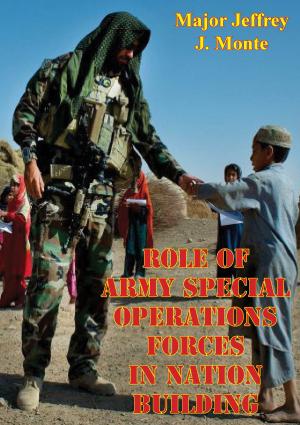The Soviet Airborne Experience [Illustrated Edition]
Nonfiction, History, Germany, European General, Military, United States| Author: | Colonel David M Glantz | ISBN: | 9781786250452 |
| Publisher: | Tannenberg Publishing | Publication: | November 6, 2015 |
| Imprint: | Tannenberg Publishing | Language: | English |
| Author: | Colonel David M Glantz |
| ISBN: | 9781786250452 |
| Publisher: | Tannenberg Publishing |
| Publication: | November 6, 2015 |
| Imprint: | Tannenberg Publishing |
| Language: | English |
[Includes 36 maps and 10 tables]
Deep battle, a major element in both U.S. and Soviet doctrine, is a tenet that emphasizes destroying, suppressing, or disorganizing enemy forces not only at the line of contact, but throughout the depth of the battlefield. Airborne forces are a primary instrument to accomplish this type of operation. While the exploits of German, British, and American paratroops since 1940 are well known to most professional soldiers, the equivalent experience of the Soviet Union has been largely ignored—except in the Soviet Union. There, the Red Army’s airborne operations have become the focus of many recent studies by military theorists.
Lieutenant Colonel David M. Glantz has done much to remedy this gap in our historical literature. The Soviet Airborne Experience examines the experiences of the Red Army in World War II and traces Soviet airborne theory and practice both before and since the Great Patriotic War of 1941-45. Airborne warfare emerges as an essential part of the high-speed offensive operations planned by Soviet commanders.
Because Lieutenant Colonel Glantz examines airborne operations within the larger context of Soviet unconventional warfare, the implications of this study reach beyond one specialized form of maneuver. This study, in demonstrating the ability of Russian airborne and partisan forces to survive and fight behind German lines for months at a time, provides us with an instructive example of how Soviet special operations troops probably plan to operate in future wars. The Soviet Airborne Experience is an important reference for anyone concerned with planning and conducting operations.
[Includes 36 maps and 10 tables]
Deep battle, a major element in both U.S. and Soviet doctrine, is a tenet that emphasizes destroying, suppressing, or disorganizing enemy forces not only at the line of contact, but throughout the depth of the battlefield. Airborne forces are a primary instrument to accomplish this type of operation. While the exploits of German, British, and American paratroops since 1940 are well known to most professional soldiers, the equivalent experience of the Soviet Union has been largely ignored—except in the Soviet Union. There, the Red Army’s airborne operations have become the focus of many recent studies by military theorists.
Lieutenant Colonel David M. Glantz has done much to remedy this gap in our historical literature. The Soviet Airborne Experience examines the experiences of the Red Army in World War II and traces Soviet airborne theory and practice both before and since the Great Patriotic War of 1941-45. Airborne warfare emerges as an essential part of the high-speed offensive operations planned by Soviet commanders.
Because Lieutenant Colonel Glantz examines airborne operations within the larger context of Soviet unconventional warfare, the implications of this study reach beyond one specialized form of maneuver. This study, in demonstrating the ability of Russian airborne and partisan forces to survive and fight behind German lines for months at a time, provides us with an instructive example of how Soviet special operations troops probably plan to operate in future wars. The Soviet Airborne Experience is an important reference for anyone concerned with planning and conducting operations.
![Cover of the book The Soviet Airborne Experience [Illustrated Edition] by Colonel David M Glantz, Tannenberg Publishing](https://www.kuoky.com/images/2015/november/500x500/9781786250452-dBgd_500x.jpg)
